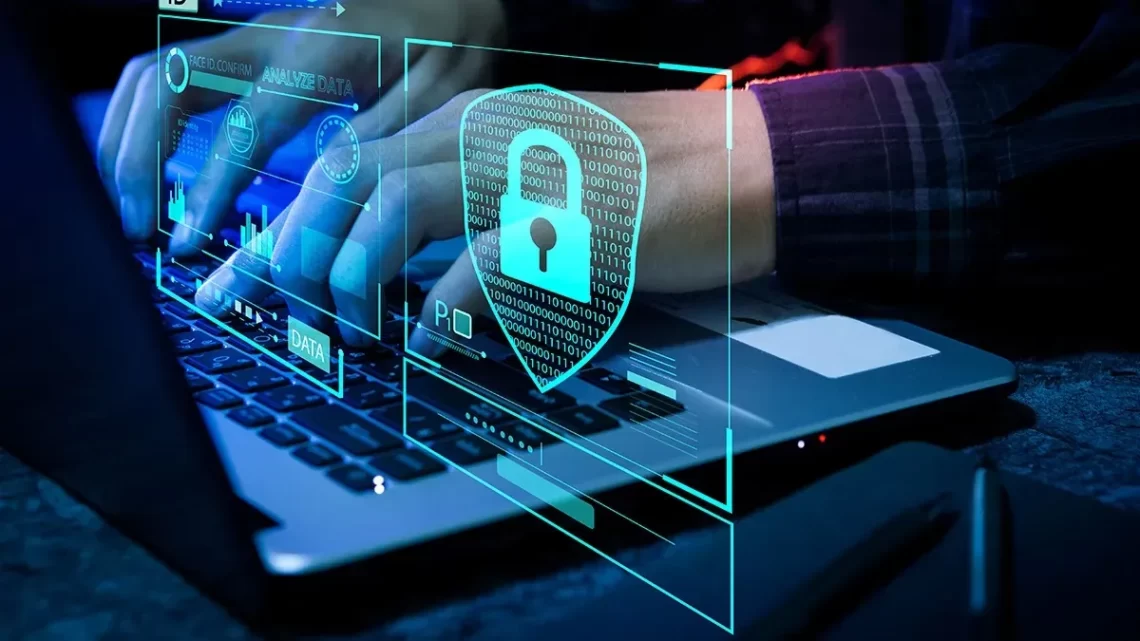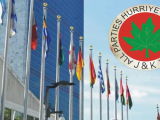
Indian Citizens Sentenced in US for Stealing Sensitive Government Data
January 30, 2024In a recent development that adds to India’s growing list of international embarrassments, two of its citizens have been handed sentences by a US court for their involvement in a conspiracy to pilfer sensitive data from the US government. Murali Y Venkata, 58, and Sonal Patel, 49, both former federal employees, have been found guilty of stealing proprietary software and databases containing confidential law enforcement information and personally identifiable information (PII) of more than 200,000 federal employees.
Hailing from Aldie, Virginia, and Sterling, Virginia, respectively, Venkata and Patel were sentenced to four months in prison and two years of probation, with Venkata also facing an additional one-year home incarceration and Patel being slapped with a $40,000 fine.
The collaboration of the two individuals with Charles Edwards, 63, the former Acting Inspector General of the Department of Homeland Security Office of Inspector General, is central to this case. Together, they conspired to develop a commercial software product using the stolen data, intending to sell it to government agencies. Their nefarious plan included sharing the stolen information, including PII, with software developers based in India.
This case shines a spotlight on the international dimensions of data theft, revealing Indian citizens actively participating in the illicit acquisition of sensitive information from the US government. It serves as a stark reminder of the urgent need for robust cybersecurity measures to thwart unauthorized access and prevent the misuse of confidential data.
The sentencing meted out to Venkata and Patel underscores the severity of their offenses and emphasizes the commitment to holding individuals accountable for jeopardizing national security through cybercrime. The legal consequences, including imprisonment, probation, home incarceration, and fines, reflect the gravity of their actions and aim to deter others from engaging in similar illicit activities.
The collaboration with a high-ranking official like Charles Edwards raises concerns about the potential vulnerabilities within government agencies. The case underscores the importance of implementing stringent checks and balances to prevent insider threats and to secure critical information repositories from unauthorized access.
This incident also prompts a reevaluation of international cooperation in addressing cybercrimes. The exchange of stolen information with developers in India highlights the need for collaborative efforts between countries to tackle transnational cyber threats effectively. Strengthening international alliances for information sharing and joint investigations becomes crucial in an era where cybercriminals operate across borders.
To conclude, the sentencing of Venkata and Patel serves as a significant milestone in the fight against cybercrime, emphasizing the global nature of such offenses. It underscores the necessity for nations to unite in fortifying their cybersecurity frameworks, sharing intelligence, and holding perpetrators accountable to safeguard sensitive information and national security.

